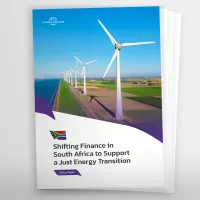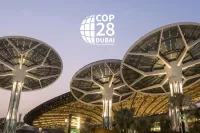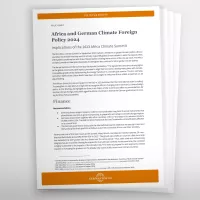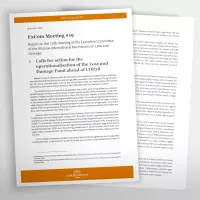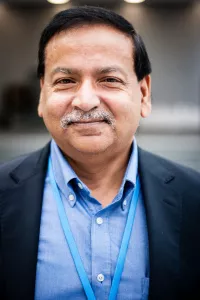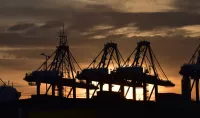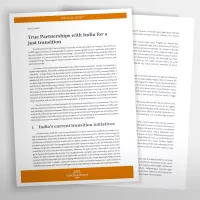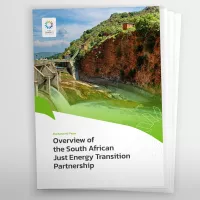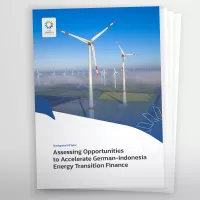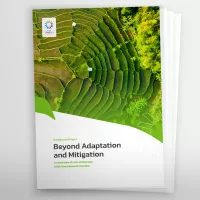Aktuelles zum Thema
As countries transition to low-carbon and climate-resilient economies, finance flows will need to shift to support these transitions, in line with the third long-term goal of the Paris Agreement, Article 2.1c. South Africa was the first country to sign a Just Energy Transition Partnership (JETP). In this context, South Africa developed a Just Energy Transition Investment Plan (JET IP) laying out a series of policies and regulations the country would implement to achieve its just energy transition. This paper offers an analysis of these policies and regulations, using existing Article 2.1c approaches.
The first Africa Climate Summit in September 2023 marked a milestone in global climate politics. African countries made clear that they want to actively shape the global climate debate to seize the opportunities of the green transformation and shake the perception of being mere victims of the climate crisis. In this briefing, we highlight the three main topics of the Summit – finance, renewable energy, and resilience – and offer recommendations for German climate foreign policy with regard to African countries in 2024 as the German government is revising its Africa Policy Guidelines.
India’s transition towards a low-carbon economy is central to achieving global climate goals. How can international cooperation support Indian efforts? In our policy brief, we argue that “True Partnerships” between India and the Global North should put the poeple, equity, and climate action at the core of cooperation, to achieve a transition that is green and just.
The Just Energy Transition Partnership (JETP) in South Africa marks a significant milestone and serves as a blueprint for future initiatives in other developing countries. The USD 8.5 billion partnership programme is designed not only to help decarbonise South Africa's energy sector to mitigate climate change, but also to catalyse inclusive sustainable development. This background paper by IRID and Germanwatch provides an overview of the partnership process to date, including a general overview, its framework, and guiding principles.
This background paper by IESR and Germanwatch examines the climate financing landscape in Germany and Indonesia, focusing on climate mitigation in the energy sector. For Germany, this paper provides a comprehensive summary of its climate financing flows, structure, and global trends. With respect to Indonesia, it examines its climate mitigation targets and achievements, energy transition financing trends, and potential avenues for international climate finance support.
Climate change is increasingly evident through devastating impacts on lives and livelihoods, such as the destructive floods in Pakistan and Indonesia. The likelihood of global warming exceeding 1.5°C is over 50%, amplifying the severity of climate change effects and associated losses. This background paper discusses Loss and Damage in Indonesia, explaining the concept, its history within the UNFCCC, and providing an overview of financing options.

